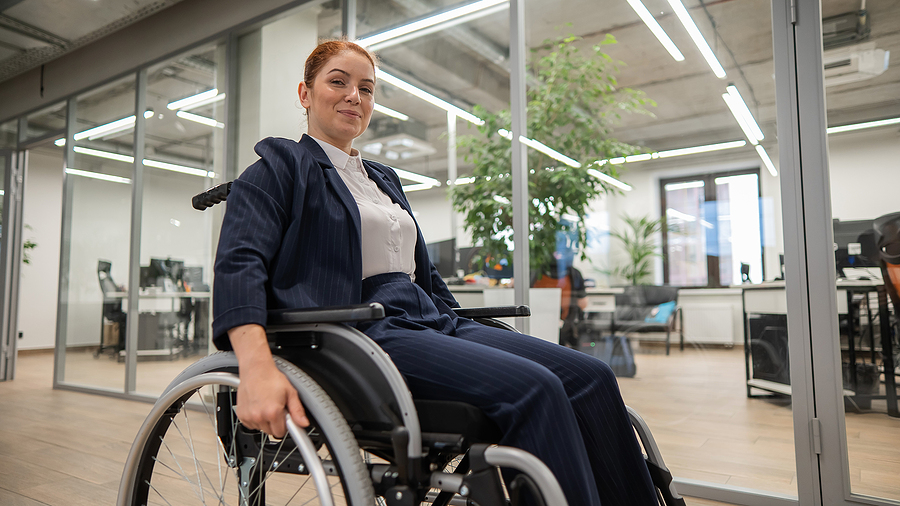Living with paralysis can be a difficult and overwhelming experience. Whether it’s caused by an accident, illness, or other condition, the effects of paralysis can be life-changing in many ways. Even if you have partial paralysis or are temporarily paralyzed, the impact on your daily routine is undeniable. Adapting to life after injury requires patience and courage as you adjust to changes in your body and lifestyle.
The good news is that there are many resources available to help make living with paralysis easier. In this blog post, we’ll provide tips for adapting to life after injury so that you can live a fuller and more meaningful life despite your disability. We’ll discuss how to manage physical limitations, how to stay connected with family and friends through social media platforms such as Zoom or Skype, strategies for dealing with emotional challenges like depression or anxiety related to being disabled, and more.
By following these tips for successfully adapting to life after injury due to permanent or partial paralysis, you will find yourself able enjoy living again. Continue scrolling to get started.

Coping Methods for Adapting to Life With a Paralysis Injury
Acceptance and Acknowledgement
The first step in adapting to life with paralysis is to accept and acknowledge the change. This includes identifying your physical limitations and understanding what you can or cannot do. It’s important to focus on what you can do, rather than dwell on what you can’t control or accomplish. Acknowledge that it may take some time for you to adjust and give yourself permission to grieve the loss of abilities that your injury caused.
Communication With Loved Ones
Next, find ways to stay connected with family, friends, and other people who are living with similar disabilities. Reach out through online support groups where members can offer advice and understanding as you go through this transition period. You may also wish to set up virtual meetings with friends or family using video conferencing services such as Zoom or Skype so that you can still see each other, even if it’s not in person.
Physical Therapy and Health
It’s also important to focus on maintaining your physical health. This may involve regular exercise, such as aquatic therapy or wheelchair basketball depending on the severity of your disabilities. If you have difficulty getting around due to partial paralysis, consider hiring a personal care assistant to help with daily tasks such as dressing and cooking. Finally, be sure to eat a balanced diet and take any medications prescribed by your doctor.
Mental Health Care
Finally, it is essential for those living with paralysis to address their mental health needs. Dealing with depression or anxiety related to being paralyzed can be daunting, but there are resources available that can provide support and guidance. Seeking counseling from a mental health professional and engaging in activities that bring joy can help to offset some of the negative emotions that come with living with paralysis.
Do Not Hesitate to Reach Out for Help After Paralysis
These are just a few tips for adapting to life after injury due to paralysis, but they provide an excellent starting point for paralyzed individuals. Remember that there are resources available for those in need of emotional, physical, and mental support during this transition period. If you’re living with paralysis don’t hesitate to reach out for help. Living with paralysis can be difficult, but it does not have to define you. With patience and dedication, you can learn how to live your best life while living with paralysis.
Were you or a loved one wrongfully injured and paralyzed in an accident? Contact the Law Office of Craven, Hoover, and Blazek P.C. at 317-881-2700 to schedule a free consultation with a skilled and experienced personal injury lawyer in Indianapolis, Indiana. We represent injured victims all across the state, including Indiana residents injured in other states. We can hold meetings over the phone, at your home, online, or at the hospital if necessary.
Related Posts:
What You Need to Know Before Filing a Neck Injury Claim
General Types of Spinal Cord Injuries
How to Identify the Signs of a Valid Back Injury Claim
